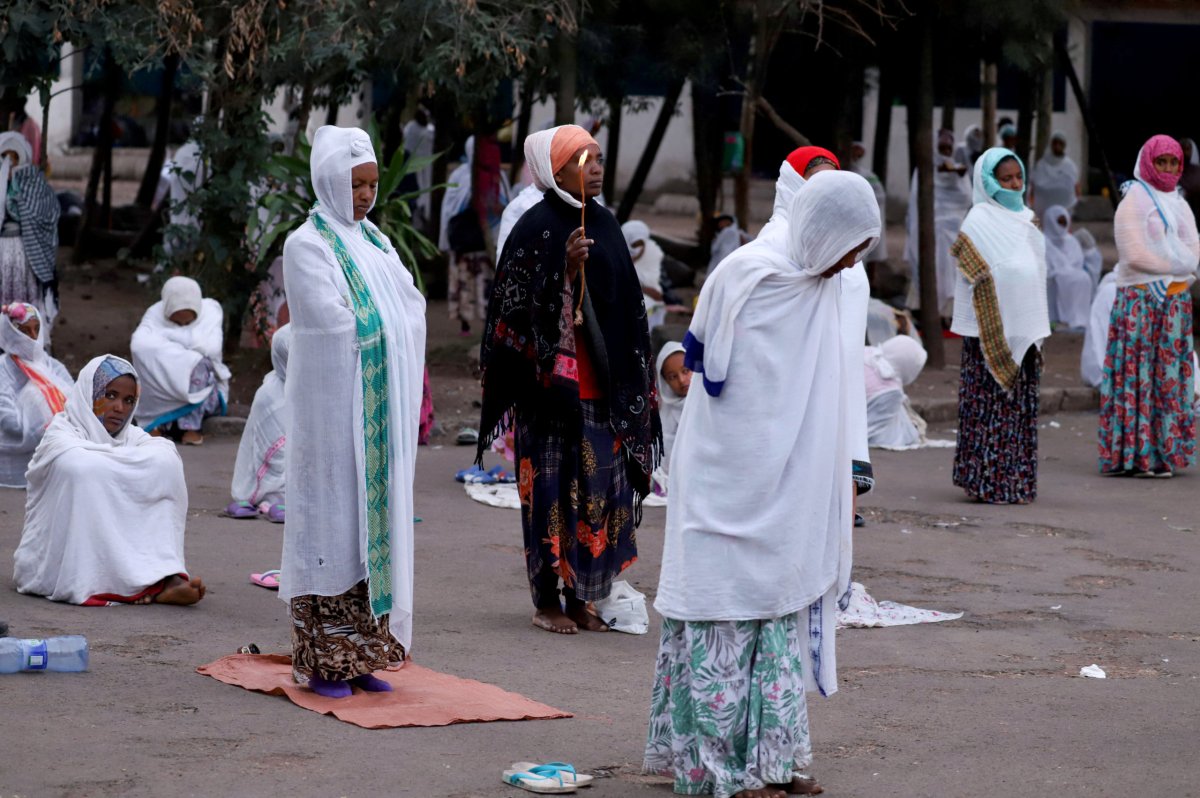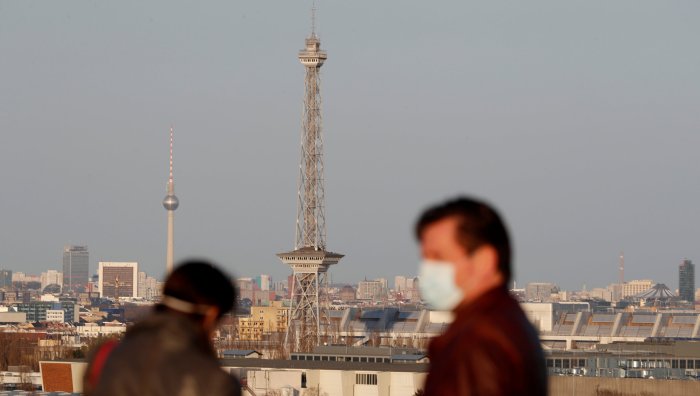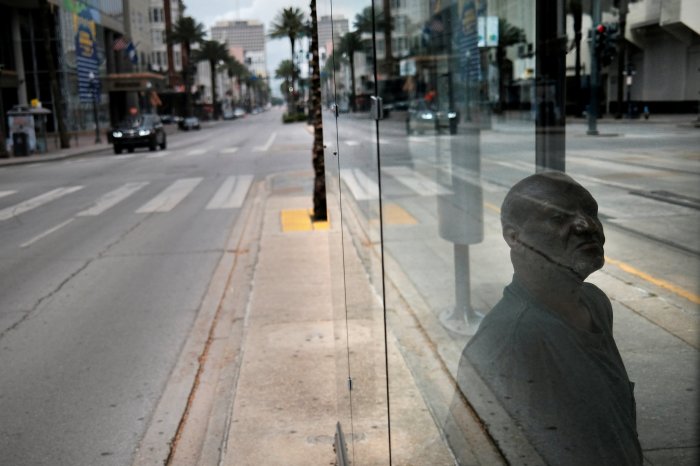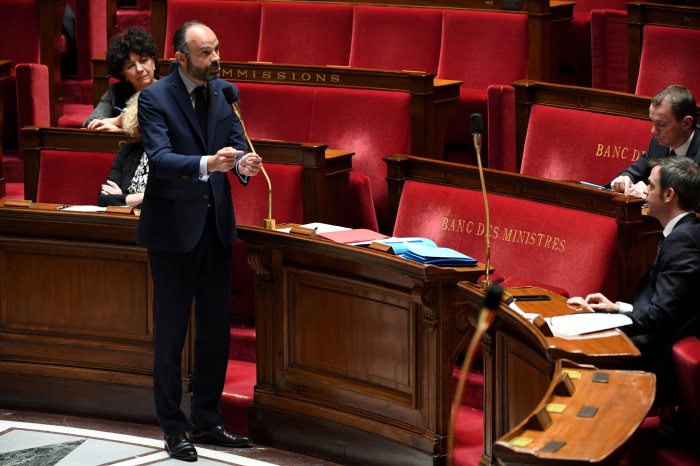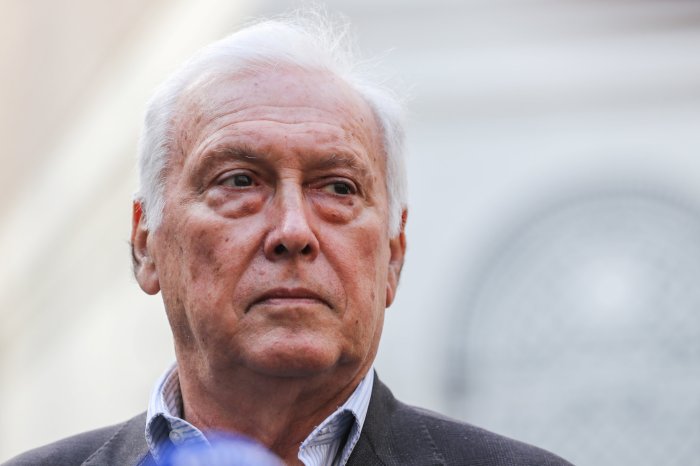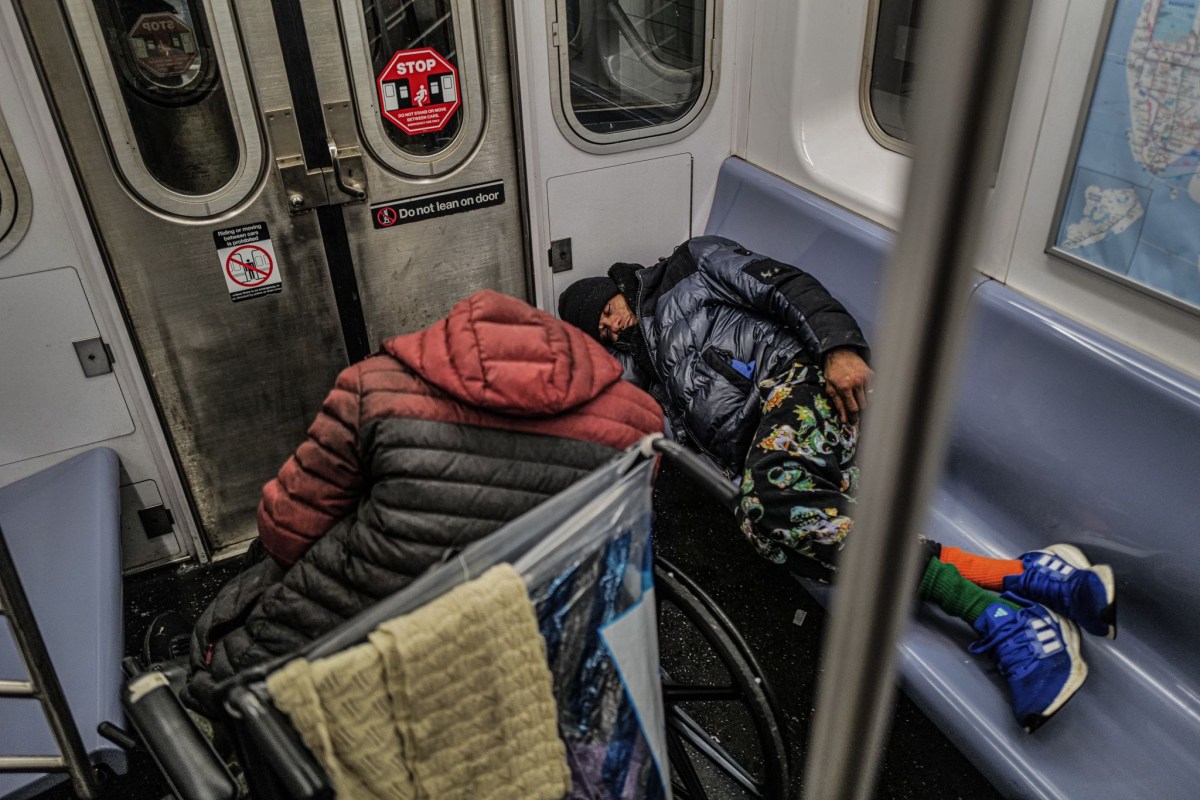ADDIS ABABA (Reuters) – Ethiopia, Africa’s second most populous nation, and Liberia declared states of emergency on Wednesday to help curb the spread of the new coronavirus, a day after cases on the continent surged past 10,000.
Various African governments have announced lockdowns or curfews in response to the virus, which was slow to reach many African countries but is now growing exponentially, according to the World Health Organization (WHO).
As of Wednesday afternoon, Africa had over 10,900 confirmed infections and 550 deaths from the novel coronavirus, according to a Reuters tally based on government statements and WHO data.
Ethiopian Prime Minister Abiy Ahmed’s office announced the emergency declaration on Twitter. Ethiopia has recorded 52 cases of coronavirus and two deaths.
Authorities in the country of more than 110 million people have already taken a series of measures to stem the spread including closing schools, banning public gatherings and requiring most employees to work from home.
The prime minister did not mention what additional steps would be taken under the state of emergency.
In the West African country of Liberia, President George Weah issued a 14-day stay-at-home order to begin on Saturday for residents of four counties, including the one encompassing the capital Monrovia, a city of more than 1 million people.
Travel between Liberia’s 15 counties will also be prohibited in most cases, Weah said.
The measures will test Liberian health officials’ promises to avoid the mistakes made during the Ebola outbreak in 2014, when the quarantine of Monrovia’s massive West Point slum sparked riots by residents lacking food and water.
Mosoka Fallah, the acting director general of Liberia’s national public health institute, told Reuters last month that the authorities now appreciated the importance of consulting with affected communities and providing basic necessities during a lockdown.
In a statement on Tuesday marking Africa’s 10,000th case, the WHO warned that the coronavirus could “unleash economic and social devastation” in Africa, where health systems and economies are fragile, and urged governments to step up containment measures.
“This requires a decentralised response, which is tailored to the local context. Communities need to be empowered,” said Matshidiso Moeti, WHO’s regional director for Africa.
(Reporting by Dawit Endeshaw and Lucinda Rouse; Writing by Elias Biryabarema and Aaron Ross; Editing by Hugh Lawson, Jason Neely and Alexandra Hudson)

